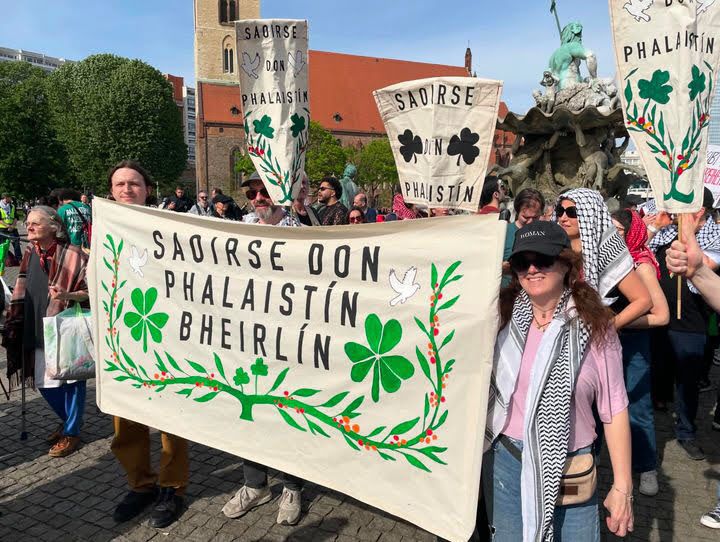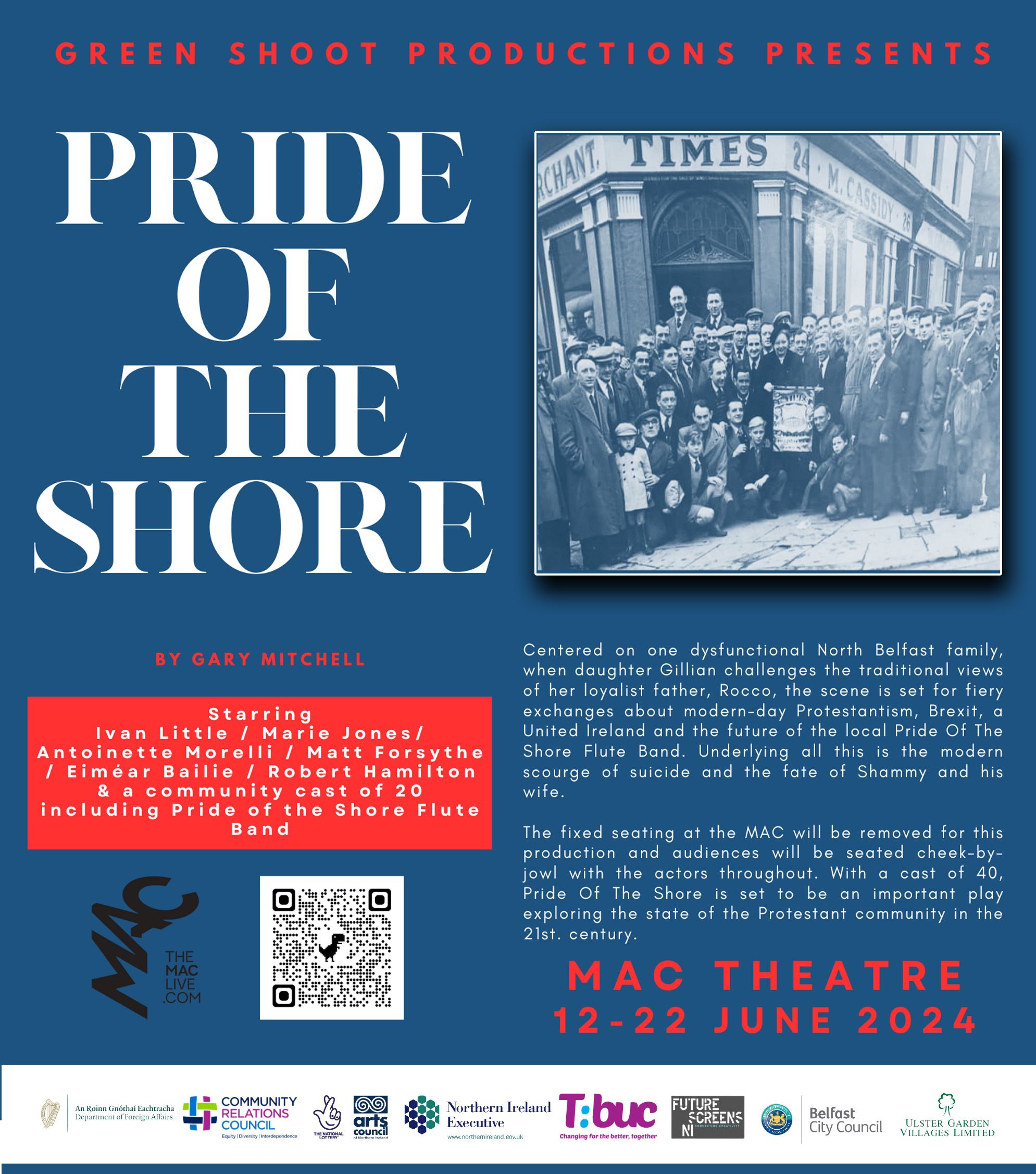IN Germany it’s easy to be condemned as anti-Semitic. A Palestinian flag in a window suffices for a robust police dawn raid and arrest. Three weeks ago even Jewish Voice for a Just Peace was condemned as anti-semitic and their Pro-Palestinian conference in Berlin violently shut-down.
This repression sparked the creation of a Gaza solidarity camp close to the German parliament. It quickly became a focal point for those opposed to the on-going genocide in Gaza and Germany’s complicity.
Soon this peaceful expression of Palestinian solidarity faced intense state harassment. The camp, comprising around 50 individuals residing in tents, found itself subjected to a series of restrictive measures. Notably, the speaking of Arabic, singing Arabic songs, or playing Arabic music within the camp's confines was outlawed. Ostensibly framed as language regulations, it was in fact distinctly racist, raising concerns about discrimination and ethnic profiling.
To highlight these anti-Arab and anti-Palestinian measures, members of the Irish Bloc Berlin, a Palestinian solidarity group, organised an Irish-language conversation circle, a ciorcal comhrá, within the camp. Some fifty Irish people turned up, all of whom live and work in Berlin. One of their spokespersons is a young woman called Caoimhe with Andytown roots.
The German police were having none of this display of solidarity. Initially they dispersed the Irish into tiny groups and surrounded them, demanding they cease speaking or singing in Irish, or even waving the national flag. One tricolour with “Saoirse don Phalistín”was confiscated.
German police disrupt the ciorcal comhrá
In the midst of this intimidation someone asked: “What’s the Irish for German cop?”
“It’s easy: SS RUC,” came the reply in a Belfast accent.
Ultimately the Irish were forced from the camp site. But the response from the Irish and international media exposed Germany’s repression of freedom of speech.
Despite the authorities’ intimidation tactics, the solidarity camp remains steadfast in its demands for an immediate ceasefire, an end to German support for the genocide in Gaza, and a halt to the persecution of Palestinians in Germany. The camp continues to receive support demonstrating the resilience of the solidarity movement.
The events surrounding the Gaza solidarity camp in Berlin and the pro-Palestinian campaigns in Germany highlight the growing authoritarianism in that country as it openly arms Israel and suppresses criticism of Zionism’s genocide.
The German dramatist Berthold Brecht believed Nazi fascism remained a threat. He once wrote: “The womb from which it crept is fertile yet.”






